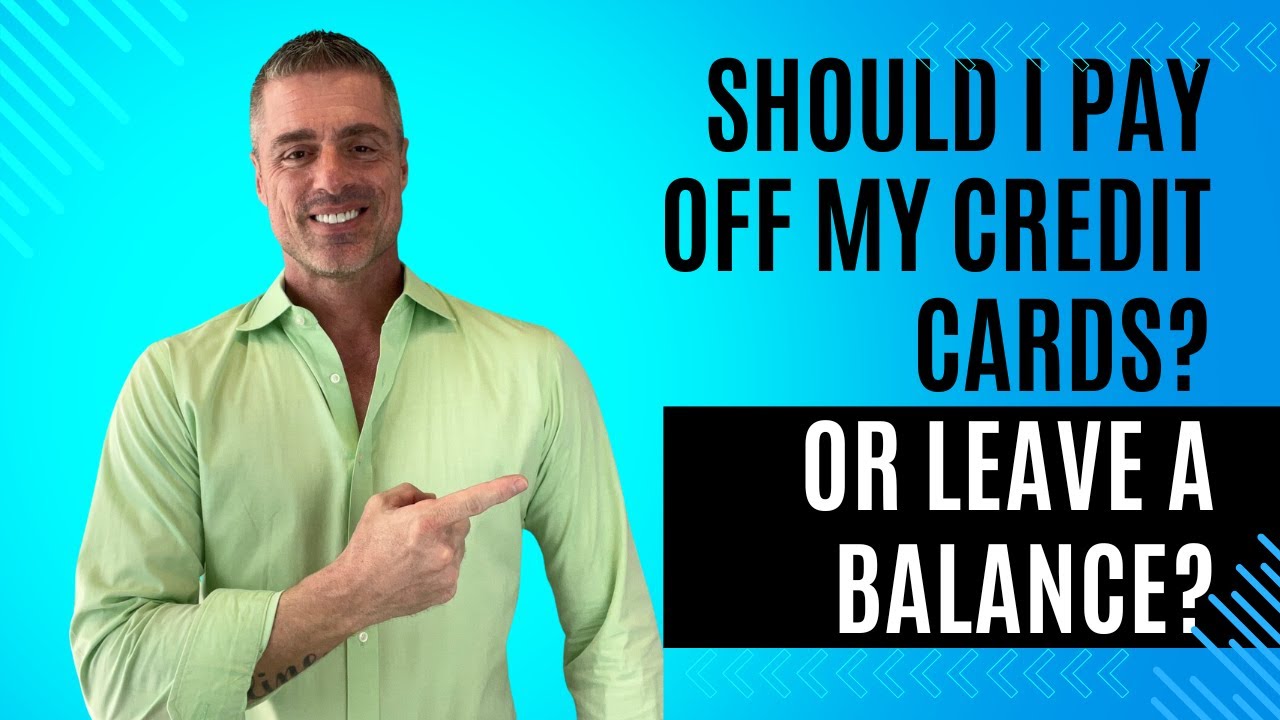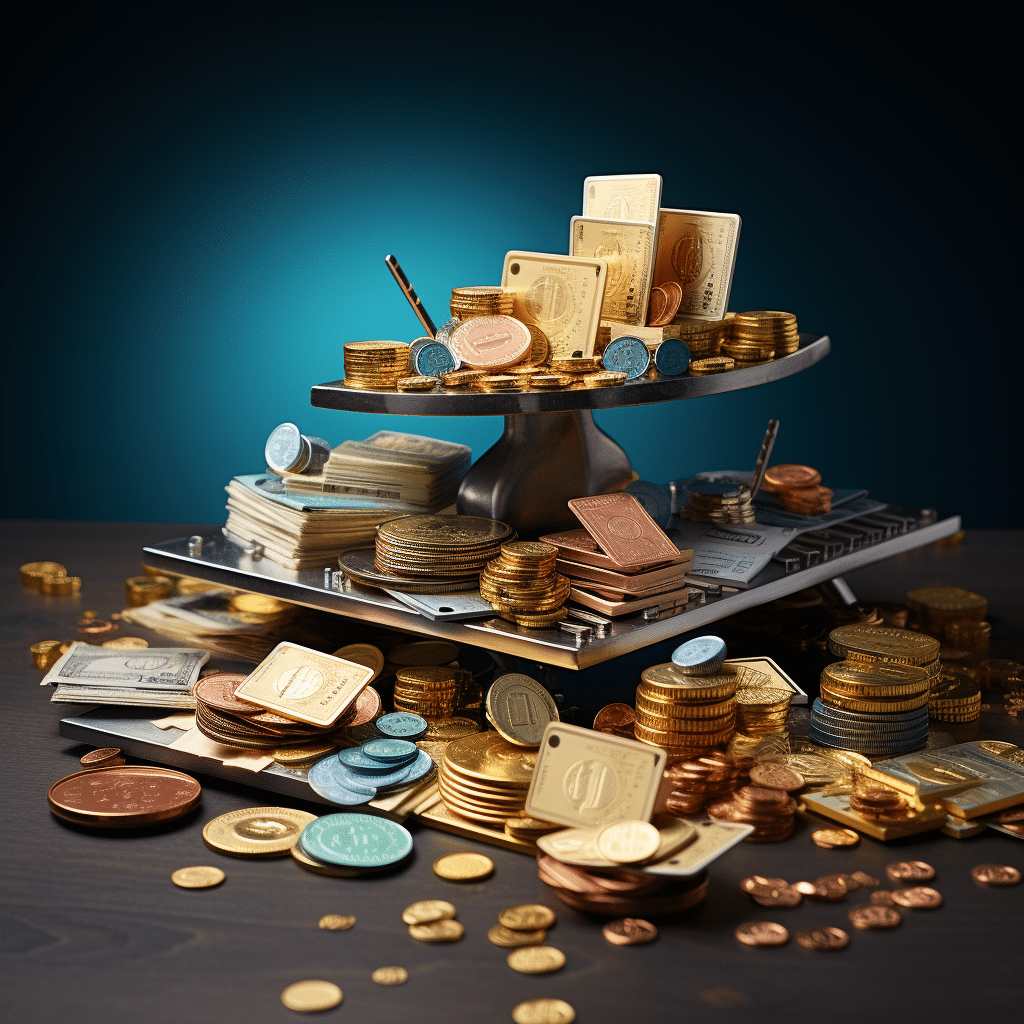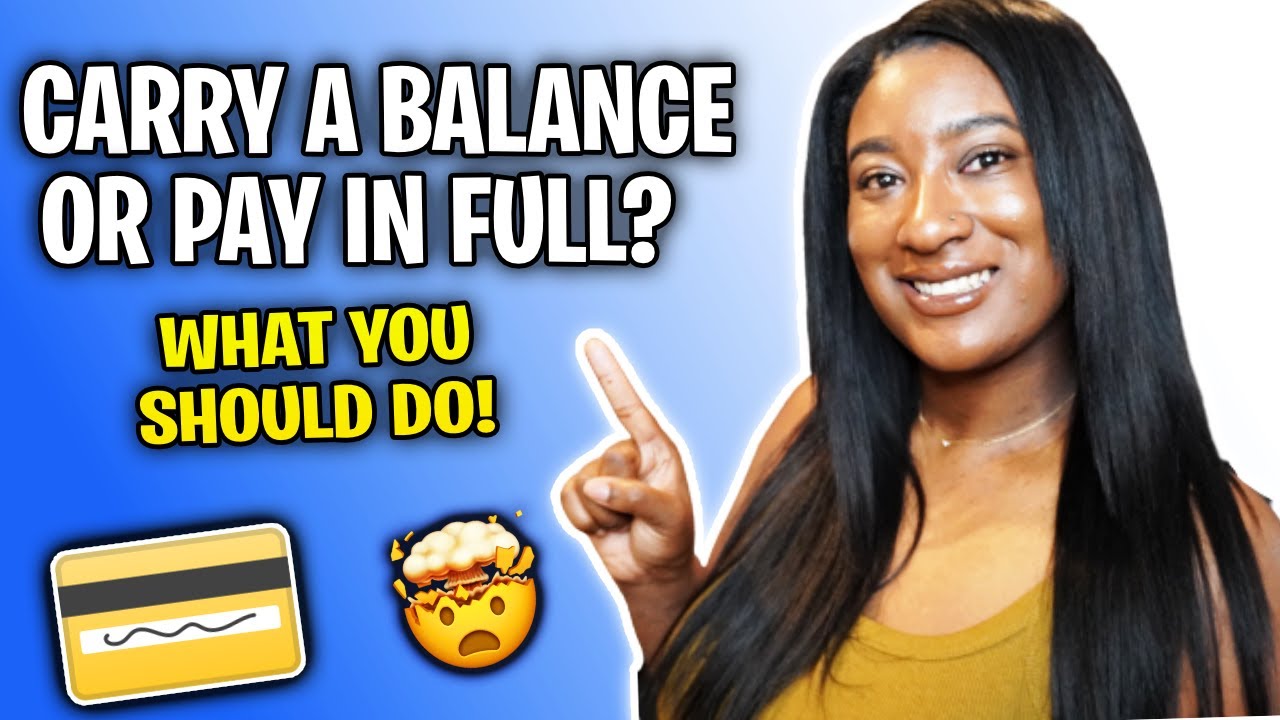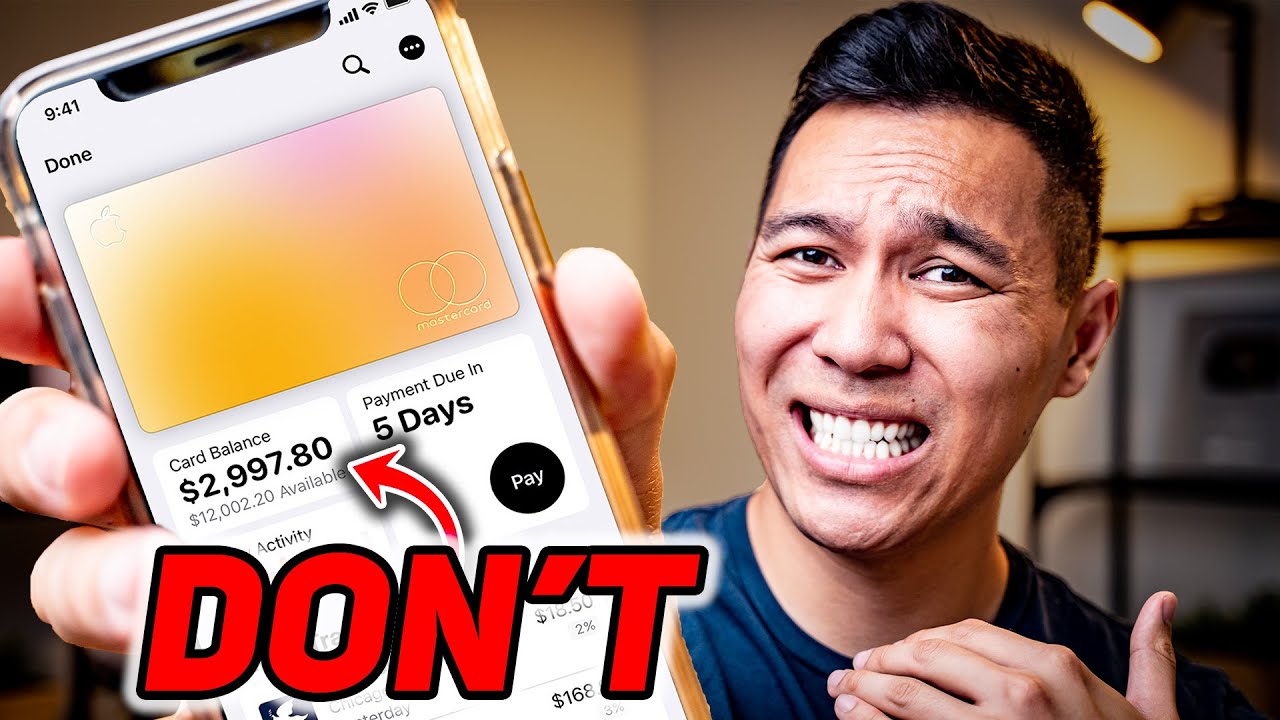Deciphering the Conundrum: Should I Pay off my Credit Card in Full or Leave a Small Balance?
A conundrum tugs away at many, “Should I pay off my credit card in full or leave a small balance?” Answering this whale of a question feels like trying to pick out the ‘best’ winter jacket. Both options may sit well; it all depends on your personal circumstances and financial strategy. So, let’s warm up to the debate and tip the scales in a favorable direction.
Starting from the Basics: Understanding Credit Cards
Understanding credit cards jigsaws into our broader financial awareness. It’s somewhat like understanding the role that squats play in sculpting a tight butt. Just as a well-rounded regimen doesn’t focus solely on squats, credit cards constitute only one element in your financial profile but yet a significant one.

To Dive in or To Dabble: When Should You Get a Credit Card?
Asking, “Should I get a credit card?” is pretty much like asking, “Should I buy shares in the stock market?” It’s more about the ‘when’ than the ‘whether’.

| Factor | Pay Off Credit Card in Full | Leave a Small Balance |
|---|---|---|
| Interest Cost | Paying off the entire balance, results in no interest being charged. | Even a tiny outstanding balance can accrue interest, leading to higher costs. |
| Credit Score | Lower credit utilization ratio (CUR) leads to higher credit scores. Paying bills in full each time supports this. | High CUR due to outstanding balance could potentially lower credit scores. |
| Financial Risk | Lower financial risk as you are not accruing debt. | Higher financial risk due to the possibility of accumulating debt. |
| Credit History | History shows responsible credit management and payment ability. | May imply difficulty in handling credit responsibly. |
| Impact on Other Credit Cards | Allows for potential lump sum payments to other credit cards, improving overall credit health. | Can lead to minimum payments only on other credit cards, impacting their balances and potential penalty accrual. |
| Credit Standing | On-time, full payments keep accounts in good standing. | Failure to fully clear balances may impact your credit standing. |
| Myth Busting | The Consumer Financial Protection Bureau confirms that paying in full each month improves and maintains excellent credit. | Carrying a balance to improve credit score is a myth proven false by the CFPB. |
| Payment Strategy | Making payments 15 days and three days before due-date can lower balances quickly and improve CUR. | No specific strategy to improve CUR or credit score. |
Unveiling the Benefits: Paying the Full Balance of Your Credit Card Each Month
Here’s why it makes sense to pay off your credit card in full.
The Answer to a Frequent Ask: If I Pay Off my Credit Card in Full, Will my Credit Go Up?
Addressing this query is like solving the Rubik’s cube of credit rating.

The Perplexity: Should I Pay off my Credit Card in Full or Leave a Small Balance?
This decision could mean all the difference in your financial journey.
The After-effect of Your Decision: When Should You Pay Your Credit Card?
It’s not just about how you pay; it’s also about when you pay.

Case Studies: Real-world Scenarios of Both Payment Strategies
Real-life accounts often serve as excellent reality checks and learning tools.

Making Your Move: The Final Words on Paying off Your Credit Card
Here’s some food for thought based on our analysis and case studies.
- When deciding, “should I pay off my credit card in full or leave a small balance,” it’s wise to consider your personal financial circumstances. If possible, aim to pay in full to reap the benefits of interest-free periods and a potential credit score boost.
- It’s pivotal to consider your credit limit and how much to spend. If uncertain, revisit, “If My credit limit Is $ 1000 How much Should i spend” to ensure you don’t overspend.

Balancing Acts: Navigating Your Credit Card Story Beyond 2024
Predictive analysis hints at a future where maintaining good credit practices will only become increasingly crucial.
- Paying your credit card balance in full will continue to provide a better credit score, more financial freedom, and less financial stress.
- While credit card norms and practices may change, reinforcing essential credit payment habits will prove beneficial in managing your financial profile effectively.
Long story short, if you can manage to pay off your credit card in full without impacting your other financial commitments, by all means, do so. It’s about threading the needle between maintaining your credit health and ensuring you’re not running into unnecessary debt. Understanding “should I pay off my credit card in full or leave a small balance” is a fundamental step to better financial savviness.
Is it better to pay off your credit card balance in full or have a small balance?
Well, folks, paying off your credit card balance in full each month is the way to go. It’s a sure-fire way to avoid paying interest and helps keep your credit score healthy.
Is it better to pay one credit card balance or some in a few?
For those folks juggling multiple credit cards, splitting your payment between them might seem like a smart move… but hold your horses! It’s often better to focus on paying off one card balance at a time. It simplifies things and lets you see progress faster.
Is it good to leave a small balance on credit cards?
Leaving a small balance on your credit card? Nope, that’s just a myth. Paying your bill in full is the best practice. It doesn’t hurt your credit score and keeps you free from unnecessary interest charges.
What is the 15 3 rule?
What about the ’15 3 rule’? No, we’re not talking about a funky new dance step. This handy rule means paying 15% over the minimum payment and doing it 3 days before the due date. It helps to reduce your outstanding balance and avoid late payment penalties.
Is it bad to max out a credit card and pay it off immediately?
Maxing out your credit card and paying it off immediately? Sounds tempting, but it’s risky. It can temporarily hurt your credit utilization ratio making you seem like a credit risk.
Does paying off credit card immediately improve credit score?
Does paying off your credit card immediately improve your credit score? Yeap, it sure does! Keeping your balance low in relation to your available credit helps your credit score.
Does making two payments a month help credit score?
Now, does making two payments a month help your credit score? In a nutshell, yes. This trick reduces your credit utilization and helps boost your credit score. Neat, eh?
What is the correct way to pay off a credit card?
The best way to pay off a credit card? Come on, it’s a no-brainer – always pay more than the minimum requirement. If possible, aim to clear the full balance every month.
When paying off credit cards What is the best strategy?
The best strategy for clearing credit card debt? Always pay off the credit card with the highest interest rate first – it’s called the “avalanche method”. You’ll save big bucks in the long run!
Should I empty my savings to pay off credit card?
Digging into your savings to pay off your credit card may feel great, but hold up! This might not be the best move, guys. Preserving an emergency fund is super important.
How much is too much balance on credit card?
Wondering how much is too much balance on a credit card? Well, in general, it’s best to keep your balance below 30% of your credit limit. Anything higher can harm your credit score.
What happens if you don’t pay credit card in full?
If you don’t pay your credit card in full, you often incur not-so-nice interest charges. Keep this up and your credit score might take a hit too.
What is the credit card double payment trick?
The old credit card double payment trick? It’s where you make two minimum payments per month. This can cut your interest costs and improve your credit score – it’s a win-win!
What happens if I pay my credit card early?
Paying your credit card early? Thumbs up! It helps keep your credit utilization low, which can only be good news for your credit score.
What happens if you only pay half of your credit card bill?
But watch out – if you only pay half of your credit card bill, the remaining amount is subject to interest. It’s a slippery slope folks, best avoided.
Is it better to pay off the smallest balance or get all credit cards under 30% utilization?
Between paying off the smallest balance and getting all credit cards under 30% utilization, the right choice hinges on your personal situation. Consult with an advisor to figure out what might suit you better.
Is it better to pay off small credit cards or big ones first?
Big or small, which credit cards to pay off first? Most experts say to start with the one with the highest interest rate. This can save you some real money on interest.
Is it better to have zero balance on credit card?
A zero balance on your credit card? Spot on, it’s perfect! It’s a top-notch way to keep your credit score shining.
Is it better to have more credit cards with zero balance or less?
And as for having more credit cards with zero balance or fewer, it really swings both ways. Some people find managing multiple cards easy while others prefer fewer. Just remember, the goal is always to keep that balance down, folks!


